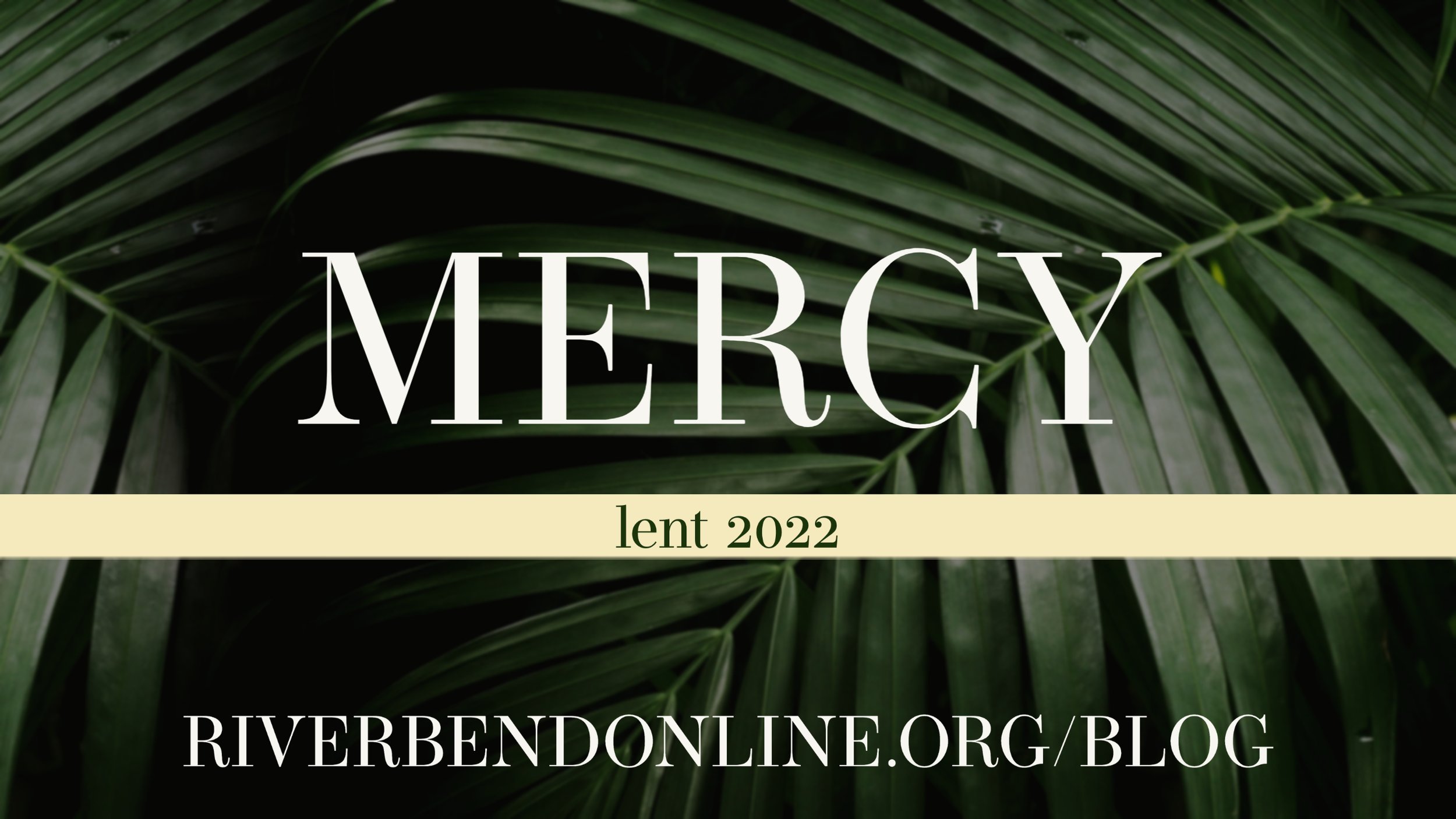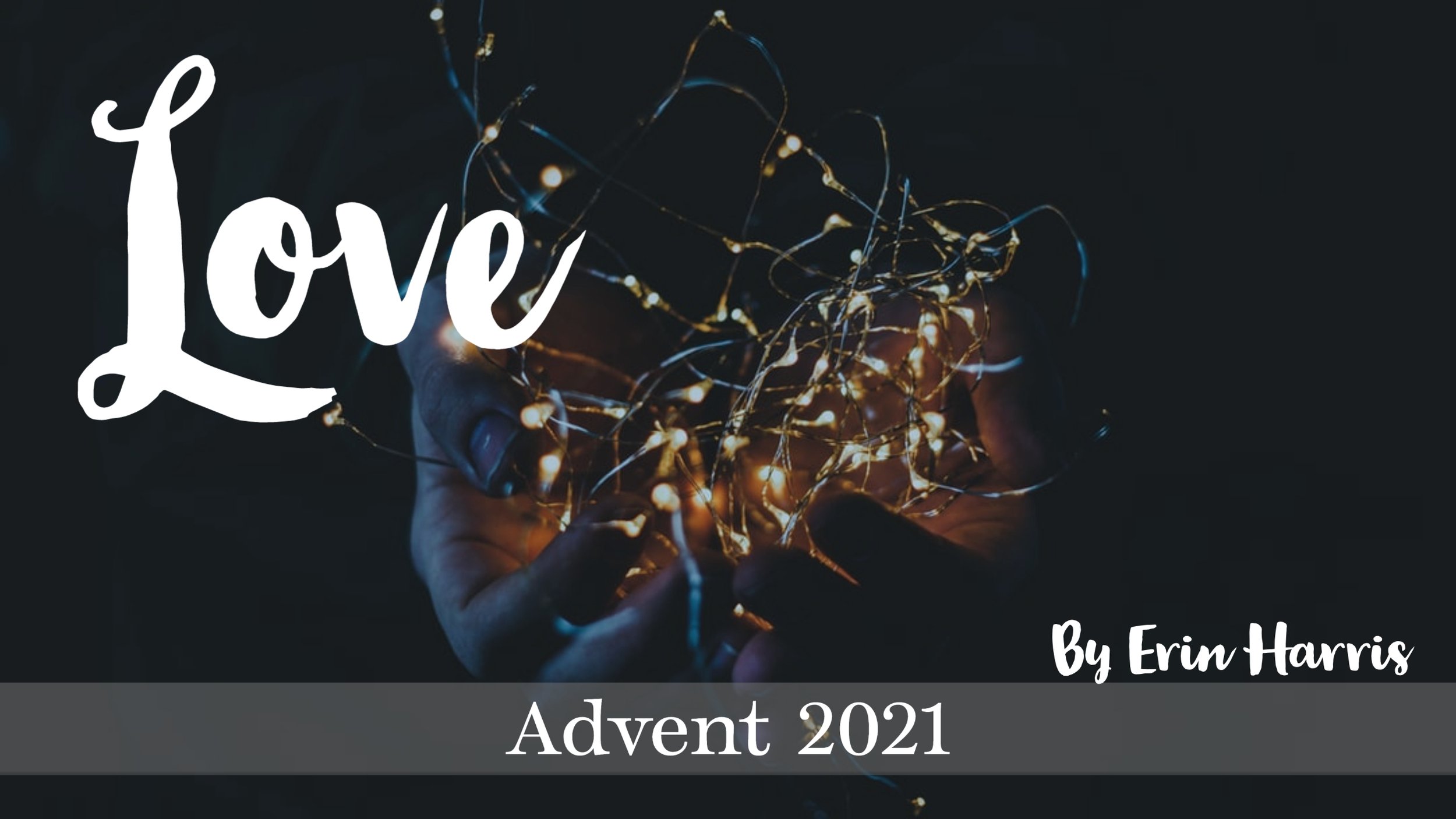************************
Editor’s Note: The theme for this year’s Advent reflections is Immanuel, Jesus has Come Here. God has always been present in the world, but with the coming of Jesus as an infant, he is also made present with his people. Our sin separates us from God, but through a baby, Immanuel, he draws us close.
This week, as we explore the blessings of Immanuel, God with us, we finish our Advent reflections by thinking on the peace that comes from Jesus.
************************
Sometimes the carols from our youth hold a message for today. I feel that way about Henry Wadsworth Longfellow’s “I Heard the Bells on Christmas Day.”
You may not know that the poem which is now set to music was written by Longfellow on Christmas Day 1863, two years after his wife had died, in the depths of the Civil War, while nursing his soldier son. Longfellow was an abolitionist and was deeply depressed following his wife’s horrific death, but somehow the church bells that Christmas morning reminded him of a deeper truth, a truth that was stronger than his depression and pain.
One of the verses begins, “In despair I bowed my head; ‘There is no peace on earth,’ I said; ‘for hate is strong, and mocks the song of peace on earth, good-will to men.’”
That’s often how I feel. Peace and good-will are platitudes that are thrown around, but people don’t have the courage, or perhaps the example to follow, to make that a reality. How can we? It is not human nature to offer good-will to others, especially when they are outside our group, outside our understanding. But it is in God’s nature to do so. He is the one who sent His son from heaven to earth to show us a way of peace. The song continues, “Then pealed the bells more loud and deep: ‘God is not dead, nor doth He sleep; The wrong shall fail, the right prevail, with peace on earth, good-will to men.’”
This verse is a lyrical hint of God’s redemption described in Jesus’ own words in John 16:33,
“I have said these things to you, that in me you may have peace. In the world you will have tribulation. But take heart; I have overcome the world.”
Jesus has overcome the world!
As we come to this last week—this last day—of Advent, on Christmas Eve and are once again confronted with the unbelievable accounts of Jesus’ birth—His coming—let us not make it a puzzle to be somehow cleverly solved but rather take a moment to peacefully ponder(1) all that was, all that is, and all that is to come, proclaiming again, with great confidence that Jesus is our peace.
(1. Dr. Natasha Duquette, Vice-President Academic and Professor of Literature, Our Lady Seat of Wisdom College, Barry’s Bay, Ontario, Canada, https://ccca.biola.edu/advent/2022/#day-nov-29 )
Reflection:
1. Write in a journal some things that cause you stress, that take away your rest. Then in a prayer, say “Jesus, ______________ is taking away my peace. But I know that you are greater than this. It does not surprise you. It does not overwhelm you like it does me. I am claiming your peace, knowing you have already overcome this. Help me to rest in you.”
2. Find a bell, not a jingle bell, but something louder, deeper. If you can’t find a bell, make one. Fill a metal container with some water and strike it. Ring it and remember that God is not dead. He does not sleep. Read aloud Psalm 121. If you can’t find or make a bell, go for a walk and listen for the carillon of a local church to remind you of the truths of Psalm 121.
3. Invite your family to sit and experience the quiet. Pause with your eyes closed. Say “Jesus” and then let yourself lean into the silence for 60 seconds. Open your eyes and do a silent group hug. This may be the only quiet you get in a chaotic, celebratory week. Enjoy it!




















